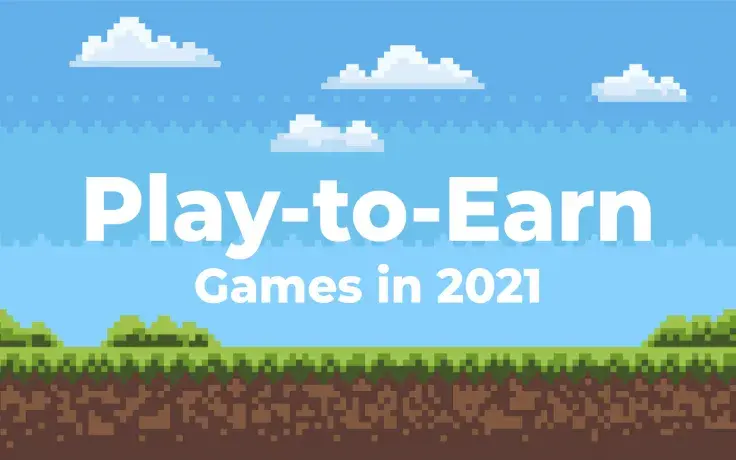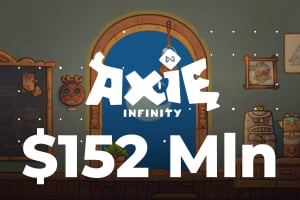
Disclaimer: The opinions expressed by our writers are their own and do not represent the views of U.Today. The financial and market information provided on U.Today is intended for informational purposes only. U.Today is not liable for any financial losses incurred while trading cryptocurrencies. Conduct your own research by contacting financial experts before making any investment decisions. We believe that all content is accurate as of the date of publication, but certain offers mentioned may no longer be available.
Pioneering "play-to-earn" fantasy sports platform has all the chances to become the next unicorn of the GameFi segment. Here's what is special about its offering.
Top ecosystems of GameFi euphoria: Sandbox, Star Atlas, Axie Infinity, Magic Craft, TradeStars
A burst of interest in non-fungible tokens (NFTs) and decentralized finances (DeFi) protocols triggered a completely new segment in crypto, "play-to-earn," or GameFi. It can be better understood as decentralized gaming: on-chain protocols are utilized as a transparent and fair technical basis for gaming software.
Sandbox is one of the flagship products of the segment. At its core, it is a strategy based on buying/selling land plots of in-game metaverses as non-fungible tokens (NFTs).
Star Atlas is an MMORPG based on space exploration. The game is developed on top of the Solana (SOL) blockchain, one of the most popular smart contracts platforms in 2021. Star Atlas tokenomics has two tokens: ATLAS and POLIS.
Axie Infinity, an Ethereum-based GameFi ecosystem, allows its players to collect fantasy creatures known as Axies. Axie's dual tokenomic design also leverages two tokens, AXS and SLP.
Magic Craft is a BSC-based war-themed on-chain MMORPG. Seven powerful castles compete in various challenges, P2P battle and tournaments. Winners are rewarded with MCRT tokens.
TradeStars is a unique blockchain-based game: its players trade and exchange Fantasy Stocks cards, whose value is affected by the performance of real-world athletes.
Here's how blockchain allows you to monetize your expertise in sports
As such, the cards associated with successful traders will be more valuable. Player, therefore, can benefit from being an expert in some sports: buying cards with promising early-stage athletes is the most profitable strategy.
#TradeStars Top Performer!
— TradeStars (@TradeStarsOK) December 1, 2021
? Following the news that @mipaltan have retained Suryakumar Yadav, users picked his fantasy stocks as a result price increased by whopping 53% on https://t.co/BYhx5TxPGr
Trade #Fantasy Stocks of your favourite athletes on https://t.co/XavAceWmW2 pic.twitter.com/UIMCpuSv7p
All trades are carried out through TSX, the core native utility token of the platform that is issued on Ethereum (ETH) blockchain. Also, traders can compete against each other in Fantasy Sports.
Fantasy Stocks are minted as F-NFTs (Fractional-NFTs) on Ethereum, and can be purchased and sold back via smart contracts. Through the F-NFT implementation, TradeStars issues a fixed amount of Stocks for each athlete and creates a NFT Market, instead of representing each athlete by a single token.
To accomplish unmatched speed and scalability, TradeStars has integrated Polygon Network (MATIC), the cheapest and fastest EVM-compatible solution.

 Arman Shirinyan
Arman Shirinyan Dan Burgin
Dan Burgin Alex Dovbnya
Alex Dovbnya Denys Serhiichuk
Denys Serhiichuk